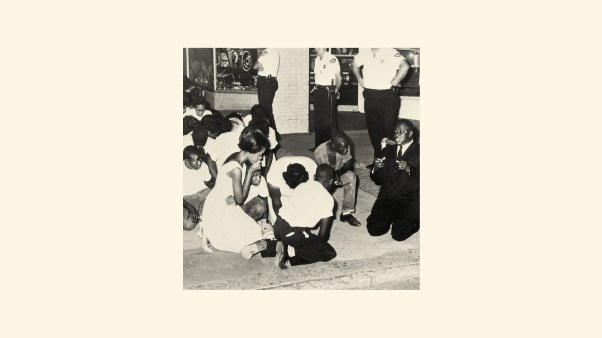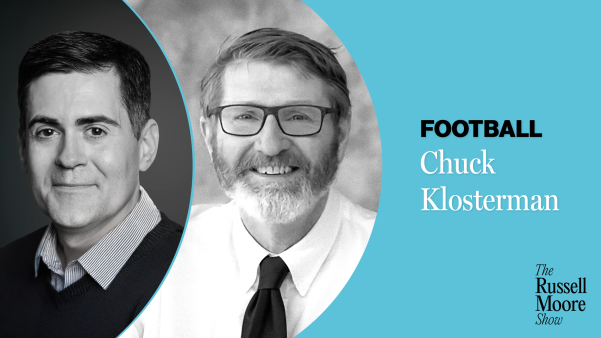Susan waited anxiously for John to come home from the church board meeting. As his car pulled up to the house, she could tell by the way John stopped the car and slammed the door that things had not gone well.
“I have had it with this church and this town,” John growled. “All they want is a hired man to do their work so they can play church! They can have their dead church and small-town ways. The sooner we get out of here the better.”
John had accepted the call to pastor Smallville Community Church two years before. He and his family came expecting a comfortable life in Mayberry with Andy, Opie, and Aunt Bea. But their excitement soon turned to frustration.
I spent ten years of ministry in rural Nebraska. Although born and raised in the city, I’ve enjoyed ministry in the country. Like John and Susan, however, I’ve felt moments of intense frustration as my urban way of thinking conflicted with the rural mindset. Now I know why.
WHY LEADING IS TOUGH
Here are some of the dynamics making rural churches hard to lead.
Fierce independence.
In the old John Wayne movies, the people of the West were fiercely independent. While much in the movies is purely fictional, the tenacity of rural people is not.
Rural life is in a fight for survival. In our country, politics, the media, and education revolve around the urban centers. People in rural towns know if they are to survive, they must be strong. No one is fighting for small-town America except small-town Americans.
This mentality works its way into the church. For the rural church to survive, its members must be strong. Denominational officers and seminaries may offer their services, but rural churches often choose to go it alone.
High turnover.
In rural churches, pastors come and go like New York Yankees managers. Out of necessity, rural churches have learned to lead themselves. They may go for months or even years without a pastor. When a pastor is finally found, history suggests he or she will not stay long.
Rural people understand this all too well. In the ten years I ministered in a rural church, I was often asked when I’d be leaving. The assumption was that pastors are just passing through.
The “hired hand” mentality.
In many rural settings, the idea that the pastor should be an economic “equal” is foreign. The pastor is paid enough to survive and is often provided with a house in which to live. That attitude spills over into church matters. The hired hand should assist the rancher, not take over the ranch.
LIVING ON THE FRONTIER
McDonald’s is currently looking to rural America as one of the last frontiers to be conquered by fast-food chains. To do this, they have introduced a “Mini-Mac,” which serves the same food but from a scaled-down facility. McDonald’s realizes rural America offers a viable market if they are willing to adapt.
The same is true for pastors wanting to lead rural churches. Here are several ways to adapt to rural culture.
Respect rural life.
It’s easy for those of us who grew up in the city to think rural people need to be enlightened. Even if we don’t think that, rural people may think we do.
The rural pastor must communicate a genuine respect for the rural way of life. That means, among other things, dirtying our hands. Every year I spent time helping the ranchers brand calves. I talked to the farmers about their work and tried to learn the complexities of raising a crop. Most rural churches don’t need rescuing as much as they need understanding.
Stick around.
Rural churches aren’t nearly as impressed with a flashy pulpiteer as they are with a genuine shepherd.
At first, I figured I would bide my time to gain experience and then move to greener pastures. A tough lesson for me to learn was that I must be willing to move but content to stay. I had to re-evaluate my motives for ministry. If my desire, subtle though it was, was to make a name for myself, I wouldn’t be willing to stay.
I had to redefine my notion of success–being used by God, not achieving big things for God.
Connect with key families.
Rural people are not totally resistant to change. I found the people in my church willing to change when they saw a legitimate reason for it. Most people will view change positively when they see its purpose is to reach their rural community for Christ.
Many of our families had lived in our rural community for generations and were highly respected and trusted. Once I gained their trust, others followed. Conversely, if key leaders are not on board, you have little chance of leading.
Keep the church “small.”
A rural church that begins to grow may lose the very thing that the people appreciate most–its smallness. Some rural churches resist growth because they fear bigger will not be better. If the pastor wants the church to grow, it’s necessary for him or her to find creative ways to maintain intimacy.
In our church we used two morning services to meet this need. The early service provided a smaller worship environment for those who prefer smallness. We also established small adult shepherding groups that met during the Sunday school hour. The fifteen to twenty group members provided each other with the personalized care expected in our church family.
Rural churches can provide a rich experience for pastors willing to adapt. Most rural Christians love the Lord and desire to reach those in their community with the gospel. Even in rural America, pastors can find leadership rewarding.
Copyright 1994 Brian Clark
Copyright © 1994 by the author or Christianity Today/Leadership Journal. Click here for reprint information on Leadership Journal.









